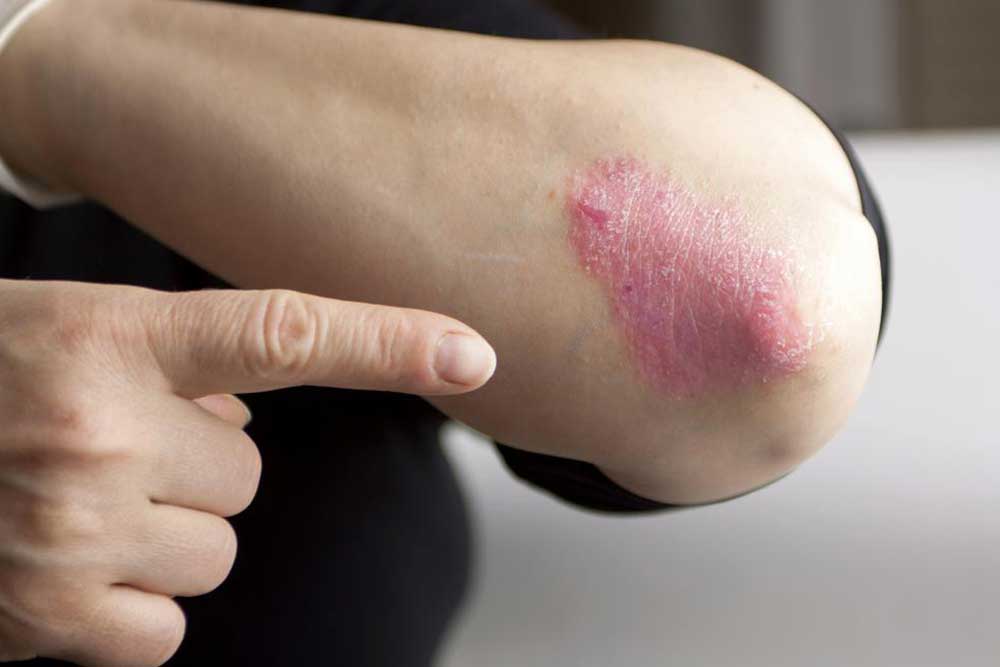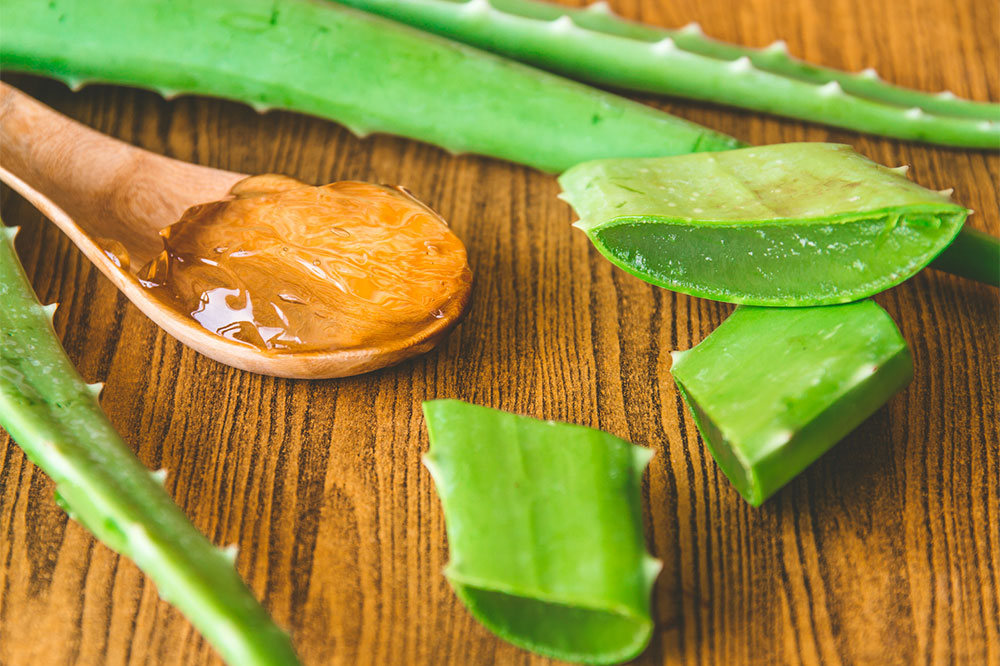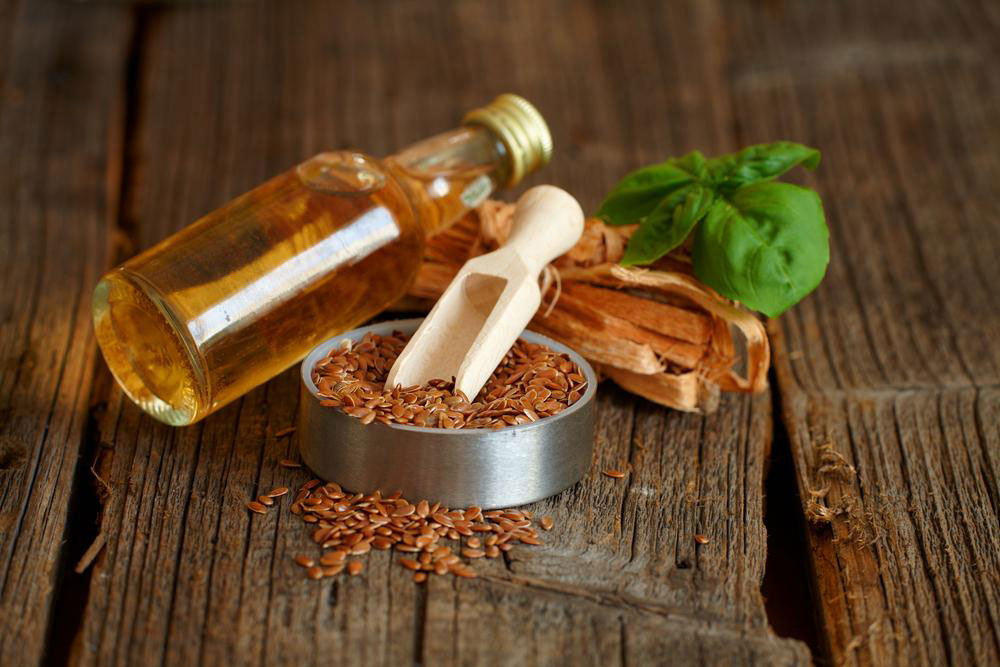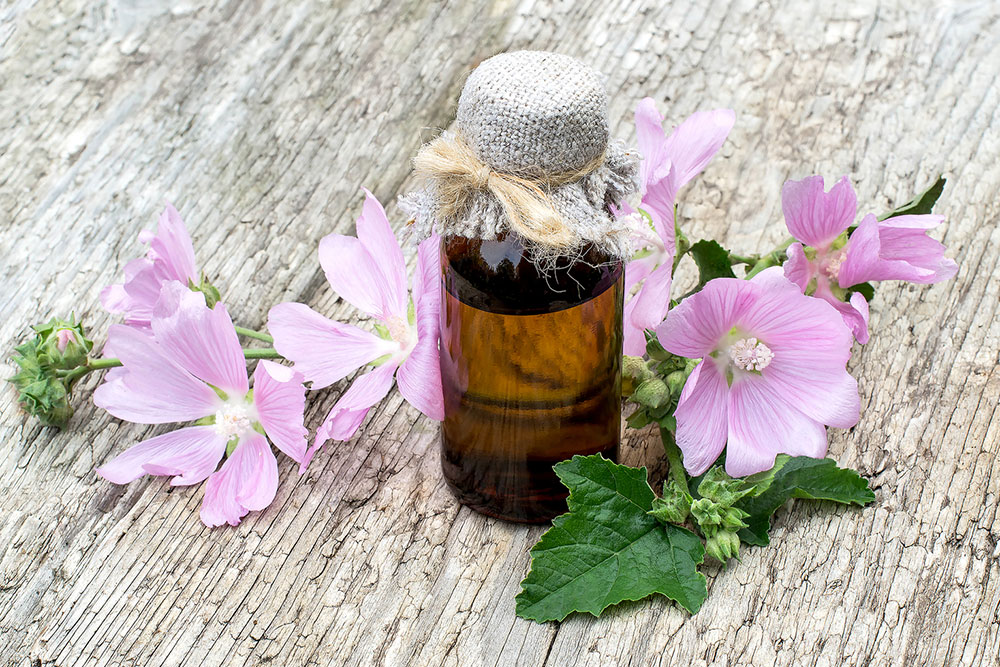Comprehensive Home Strategies to Manage and Alleviate Plaque Psoriasis Symptoms
This comprehensive guide explores natural and lifestyle strategies for managing plaque psoriasis at home. From topical treatments and phototherapy to diet and environmental adjustments, learn effective ways to reduce symptoms, soothe skin, and promote healing. Embrace holistic health practices to improve quality of life with minimal side effects and sustainable solutions for mild to moderate psoriasis.

Holistic Methods for Relieving and Managing Plaque Psoriasis at Home
Plaque psoriasis is a chronic autoimmune skin condition characterized by the buildup of excess skin cells that form thick, flaky patches on the skin's surface. It is the most common form of psoriasis, affecting millions of people worldwide. These patches often appear as dry, raised, and silvery-scaled lesions that can develop anywhere on the body, including scalp, elbows, knees, and even the lower back. The red patches can be painful, itchy, and cause significant discomfort, impacting daily life and overall wellbeing. While prescribed medications are vital for managing severe cases, numerous effective home remedies and lifestyle adjustments can help reduce symptoms, promote skin healing, and improve quality of life for those with mild to moderate plaque psoriasis.
Effective Topical Strategies for Managing Psoriasis
One of the primary ways to soothe irritated skin and control flare-ups is through topical treatments. Using specially formulated creams and ointments can hydrate dry, inflamed, and scaling skin, thus preventing further dryness and reducing discomfort. Topical corticosteroids, vitamin D analogs, and moisturizers containing natural anti-inflammatory agents are commonly recommended by dermatologists. Applying a thick layer of moisturizer, such as petroleum jelly, helps create a protective barrier that locks in moisture, relieves itching, and temporarily alleviates redness. Regularly hydrating the skin minimizes the appearance of patches and prevents worsening symptoms. It’s essential to choose gentle, fragrance-free moisturizers that won’t irritate sensitive skin. Consulting with a dermatologist will pinpoint the most suitable topical treatments for individual cases, especially for long-term management.
Utilizing Apple Cider Vinegar
Apple cider vinegar (ACV) is a versatile and accessible natural remedy with a long history of use in traditional medicine. Its antimicrobial and anti-inflammatory properties can help soothe itchy, inflamed skin and prevent secondary infections. Applying diluted ACV topically can reduce itching and irritation, especially during flare-ups. Some individuals also incorporate small amounts into their baths or consume it internally to support overall skin health. When using ACV topically, it’s crucial to dilute it with water to prevent skin irritation, as concentrated vinegar can cause a burning sensation or exacerbate dryness. Although generally safe, those with open wounds or broken skin should avoid direct application without medical advice, as sensitivity varies among individuals.
Phototherapy: Harnessing Light to Improve Symptoms
Controlled exposure to natural sunlight or ultraviolet (UV) light therapy is an effective, non-invasive method for managing psoriasis symptoms. Sunlight helps increase vitamin D production, which plays a crucial role in regulating immune responses and slowing the rapid growth of skin cells seen in psoriasis. Dermatologists often recommend phototherapy sessions in a clinical setting, especially for moderate to severe cases. These sessions are carefully monitored to minimize risks such as sunburn or skin damage. Alternatively, broad-spectrum UVB light boxes are available for home use under medical supervision. It’s not recommended to attempt UV therapy without professional guidance, as improper exposure can worsen symptoms or cause other skin issues.
Soothing Warm Baths with Epsom Salt
Taking warm baths infused with Epsom salts is an age-old remedy for alleviating psoriasis symptoms. The warm water helps soften and loosen thickened skin, promoting shedding of dead skin cells, while Epsom salts provide magnesium that has anti-inflammatory and muscle-relaxing properties. To maximize benefits, soak in lukewarm water for up to 15 minutes and ensure the salts are fully dissolved. Follow up with a gentle, fragrance-free moisturizer to lock in hydration. It’s advisable to limit bath durations to prevent excessive skin dryness and irritation. Using organic, fragrance-free Epsom salts minimizes chemical exposure and skin reactions, creating a calming environment for skin recovery.
Harnessing Herbal Remedies
Natural herbs like turmeric have gained popularity for their anti-inflammatory properties, which can aid in reducing psoriasis symptoms such as redness, itching, and dryness. Curcumin, the active component in turmeric, helps modulate immune responses and suppress inflammatory pathways. Incorporating turmeric into meals or applying turmeric pastes topically can provide relief. It’s vital to adhere to recommended doses—generally up to 3 grams daily for supplements—to prevent any unwanted side effects or flare-ups caused by excessive inflammation. Other herbal options such as aloe vera, tea tree oil, and neem also offer soothing effects, but should be used with caution, ensuring they are suitable for individual skin types and conditions.
Enhancing Indoor Humidity for Skin Hydration
Maintaining proper humidity levels inside the home is an often-overlooked factor in managing psoriasis. Using a humidifier helps prevent the skin from becoming excessively dry by increasing moisture content in the air. Proper hydration of the environment supports skin barrier function, reduces itchiness, and promotes faster healing. For best results, keep indoor humidity levels between 40-60%. Regularly cleaning and maintaining humidifiers prevent mold and bacteria buildup, ensuring safe and effective use. Complementing humidifier use with consistent application of moisturizers forms a comprehensive approach to combating dryness and inflammation.
Importance of a Balanced and Anti-Inflammatory Diet
Diet plays a crucial role in managing autoimmune conditions like psoriasis. Emphasizing an anti-inflammatory diet can significantly lessen the frequency and severity of flare-ups. Limiting intake of red meats, processed foods, and sugary snacks reduces systemic inflammation. Instead, incorporate omega-3 fatty acids found in fatty fish such as salmon, mackerel, and sardines, which are known to have anti-inflammatory benefits. Healthy oils like extra virgin olive oil also help reduce inflammation and support skin health. Ensuring adequate intake of essential vitamins—especially vitamin D, vitamin E, and biotin—further bolsters immune regulation and skin repair. Eating a diverse range of fruits, vegetables, nuts, and seeds ensures balanced nutrition, which is vital for overall health and managing psoriasis symptoms effectively.
In conclusion, managing plaque psoriasis at home involves a multifaceted approach that combines natural remedies, lifestyle modifications, and proper skincare. Consistency, patience, and regular consultation with healthcare professionals are essential for achieving optimal results. From topical treatments and light therapy to diet and environmental adjustments, these strategies can help control symptoms, reduce flare-ups, and improve skin health naturally and sustainably.





